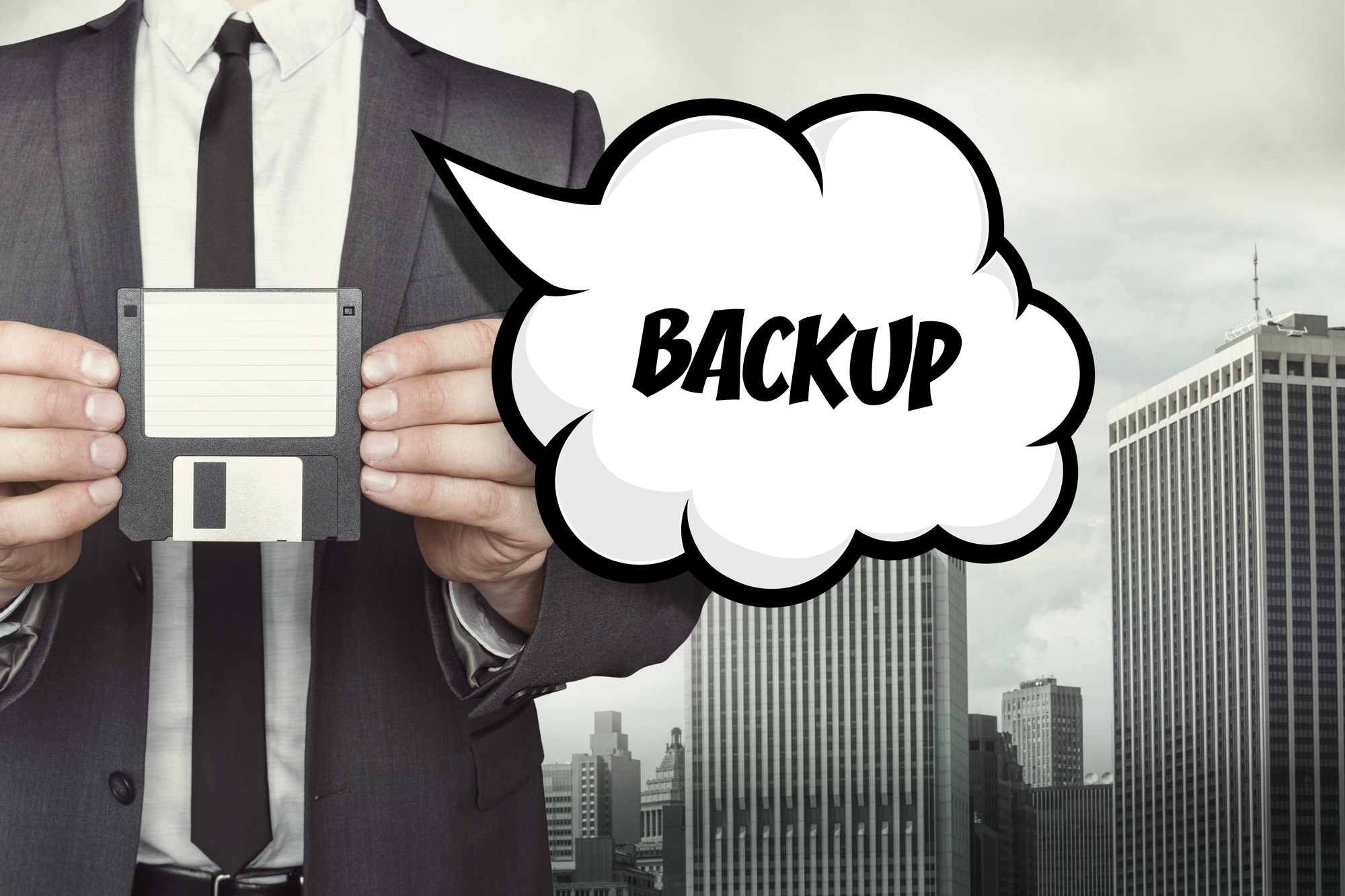You know you need to. It’s been on your list for months. You just haven’t gotten to it…yet.
Backing up your computer is one of those essential tech tasks that gets too-often pushed to the backburner. In reality, backing up your programs and files regularly can save loads of recovery time in the long run. But, one big factor stands in most people’s way — time.
So how long does it take to backup your office computer, and how often should you do it? Like most things, the answer is “it depends.” But we’ll walk through the basics and let you make the decision about how often (and how major) a computer backup makes sense for you.
First, what types of computer backups are there?
It’s good to start with understanding the type of computer backup you need to perform. If you haven’t done one in a while (read: ever) then a full backup is warranted and we recommend crossing your fingers really hard until it’s done. If you’ve already backed up some of your files, either on a cloud or via hard drive, then you’ll need to perform an incremental backup and pick and choose the remaining files and programs.
You’ll also be choosing where to backup your data. You have the option of saving it to hardware (like another computer or a thumb drive), saving it to a cloud space (like Dropbox or Microsoft OneDrive), or printing and saving physical hard copies of files.
Want to really impress your coworkers with your backup knowledge? Throw down the 3-2-1 rule. Ideally, you’ll have three versions of your most important files, in two places, with one of them being off-site. #techtrivianight
How long do backups take?
It’s going to depend on the size of your data and the speed of your connection. Some backups will flow slowly, like a garden hose out of a faucet. Others will move like a fire-hose attached to a hydrant.
Things to consider:
- The source device – is it older, are you transferring via SSD?
- The speed of your connection – is it wi-fi, Ethernet, dial-up?
- The destination device – is it a hard drive, flash drive, cloud?
The overall data transfer speed will be based on the slowest component in the equation. So even if you have lightning fast Ethernet and a new laptop, for example, it’s only going to move as fast as your older computer or hard drive will let the data be sent out.
Want an example scenario, just for fun? Let’s say you have 1 gigabyte of data to backup on your laptop, which equals 8,000 megabits. If your connection is capable of transferring 1.5Mbps (megabits per second), then you’re looking at 5,335 seconds for the full transfer. This is equal to 89 minutes, or about 1.5 hours per gigabyte of backed up data.
How often should I be backing up my computer?
Here we go again…it depends. Start with a little daydreaming. What would it look like if your computer was not accessible, all of the sudden? Maybe your office building had a fire, or you dropped your work laptop from the Golden Gate bridge. How long would it take you to recover the missing data? What would the cost be of that downtime?
If your data was missing and you weren’t able to get back up and running for a full week, what would it cost your business? If your data was fully backed up and you were able to get back online within 24 hours, what would it cost your business? These are good questions to ask yourself when creating your organization’s individual data backup plan.
Upcoming free webinar: What’s the Cost of Data Loss? Recovery Time Calculator
Do I really have to spend hours manually backing up my computer?
Thankfully, there are ways you can avoid the sit-down, freeze-all-other-activities, manual backup process. You can backup as you go, by saving files to a cloud and your hard drive. Or you can use an automated backup service that copies and securely stores your data each night while your office is closed.
If you’re thinking that outsourcing an automated, hands-off backup system is right for you, we invite you to reach out. Our customized data backup solutions not only include automations, audits, and redundancy measures — they’re also encrypted to ensure your backed up data stays safe and secure. Contact our team if you’d like to schedule a free tech consultation to learn about how Tekmanagement can take backups (and downtime) off your hands.


